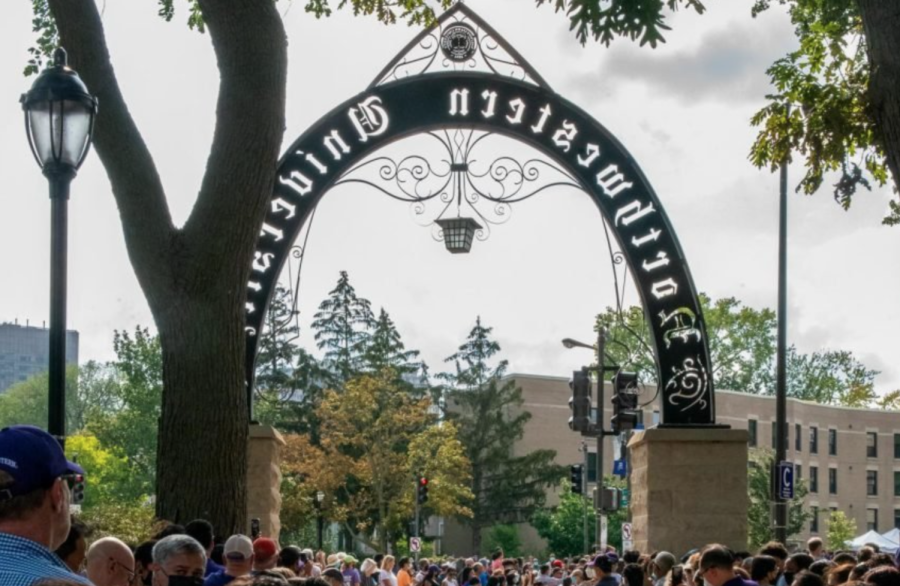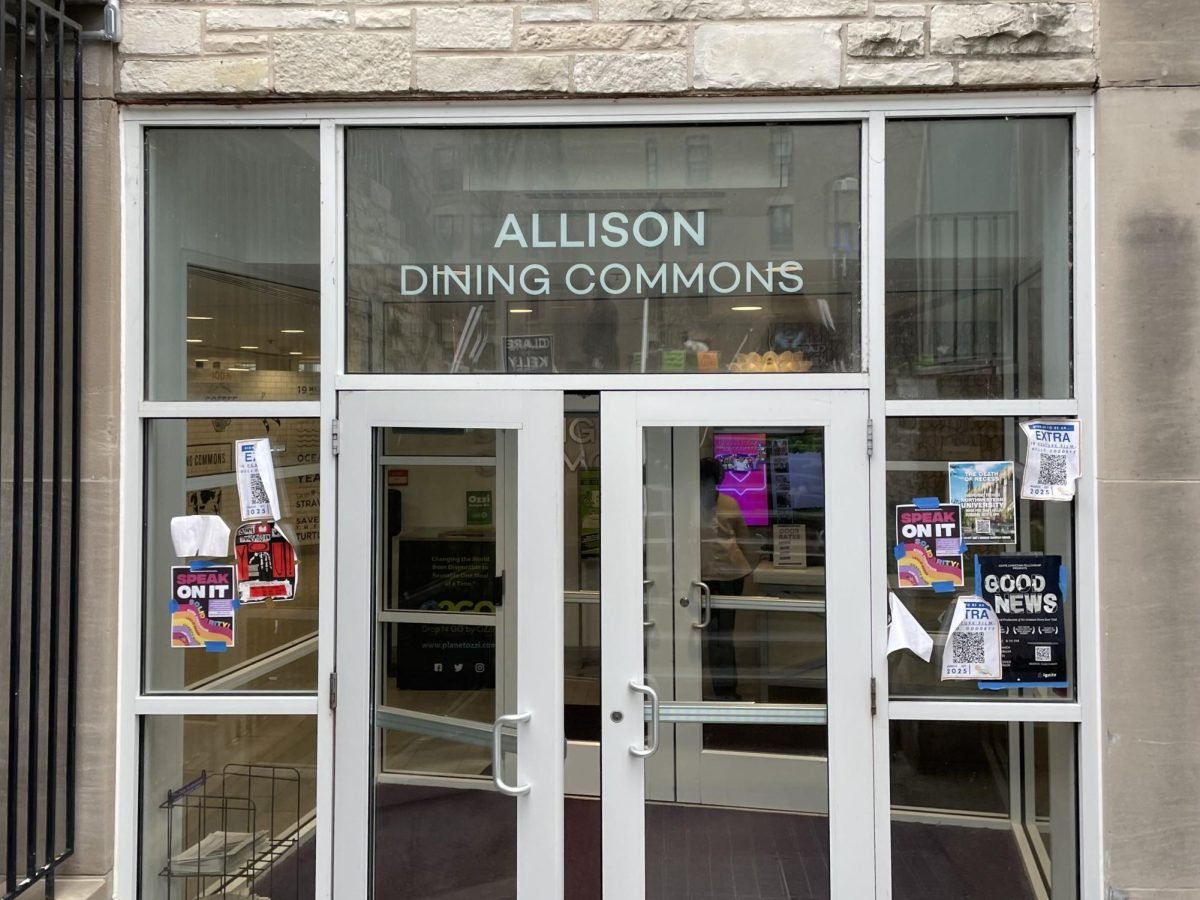The Northwestern Advisory Committee on Investment Responsibility held its first public meeting of the year Wednesday to communicate the relaunch and rebuild of the group.
Created in 2016, the University reestablished ACIR following the agreement that ended the encampment on Deering Meadow last spring. The committee of nine aims to serve as a bridge between community members and the Board of Trustees –– who hold authority over University investment policies –– to discuss issues on investment responsibility. Membership consists of NU faculty, staff, students and alumni.
Chief Investment Officer and ex-officio member Amy Falls introduced ACIR’s purpose and processes before answering attendee questions.
Falls said the Board revitalized ACIR after several years of researching best practices of the investment committees at “peer institutions,” including Yale University, Stanford University and Harvard University.
Some practices include serving longer terms to establish more continuity on the committee, creating a process to raise concerns in an “effective and constructive way” and ensuring transparency and documentation on the role of ACIR, Falls said.
Student groups nominated their peers when the committee was first established, but they now go through formal application review.
“The reason we went this way was to encourage breadth and to let a lot of students who are interested have access to and the ability to apply,” Falls said.
Those in the running either applied through a public portal or were nominated by other community members. The Investment Office primarily reviewed the applications with consultation from other leadership offices, including the head of Alumni Relations and Development and the Provost’s office.
The group reviewed and narrowed over 50 applications, with University President Michael Schill making the final decisions.
According to ACIR policies, members must “recuse themselves from decisions in which they may have a conflict.” Falls compared the ACIR’s neutrality to that of an “adjudicant” or “a grand jury.”
While some conflicts may be public knowledge, such as a member holding an advocacy position related to the proposal, the committee will also rely on “the good faith of the committee to remove any personal bias as much as possible” by self-reporting, Falls said. The committee chair — who has not been announced yet — will make the final decision, she added.
ACIR also offers to review and provide feedback for proposals during its public meetings or prior to the meeting, but none were submitted for this session. Falls reiterated that ACIR does not vote for proposals but, rather, advises on how they can be more effective.
Falls said the proposals must be formally submitted in writing before the meeting and adhere to criteria the Board has established, such as a “notion of consensus” across the community.
Submissions requesting divestment and disclosure can propose anything but should consider the policies that outline conditions the Board would likely vote yes on, Falls said. The Board is “currently rethinking” what it will choose to disclose, she added.
The committee endorses proposals once it feels it “meets the criteria set by the Board,” Falls said. Proposals and notes on the proposal decisions will be made publicly available.
The next ACIR meeting will be held in May.
Email: kelleylu2027@u.northwestern.edu
X: @kelleylu_
Related Stories:
— Investment Responsibility Committee’s recusal policy sparks backlash among faculty, students






